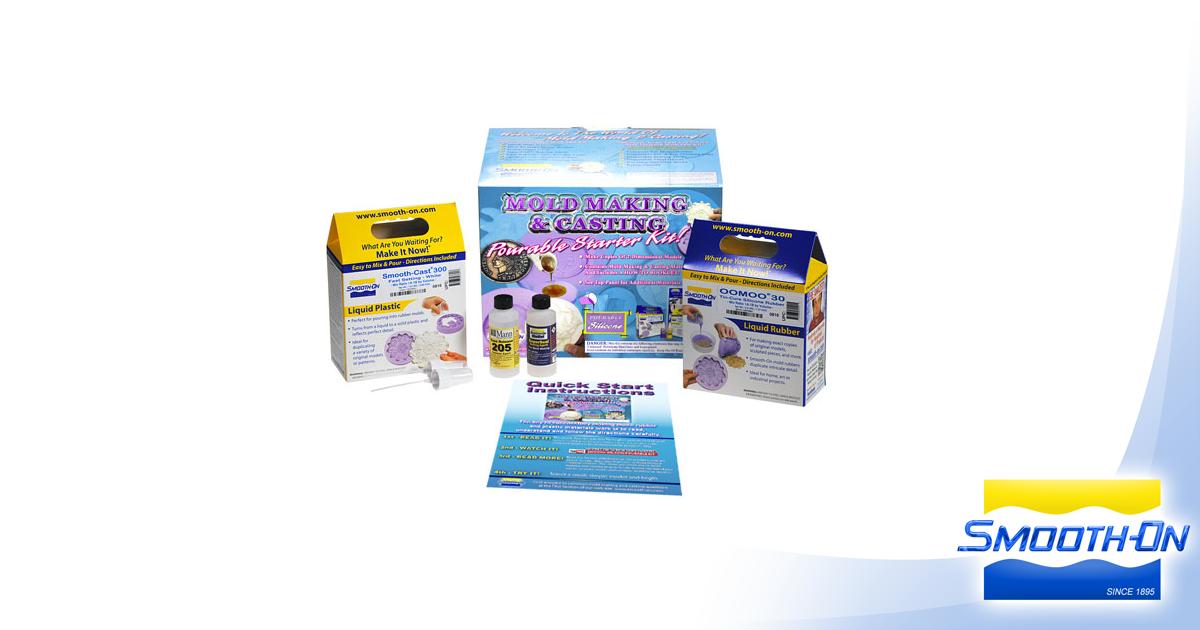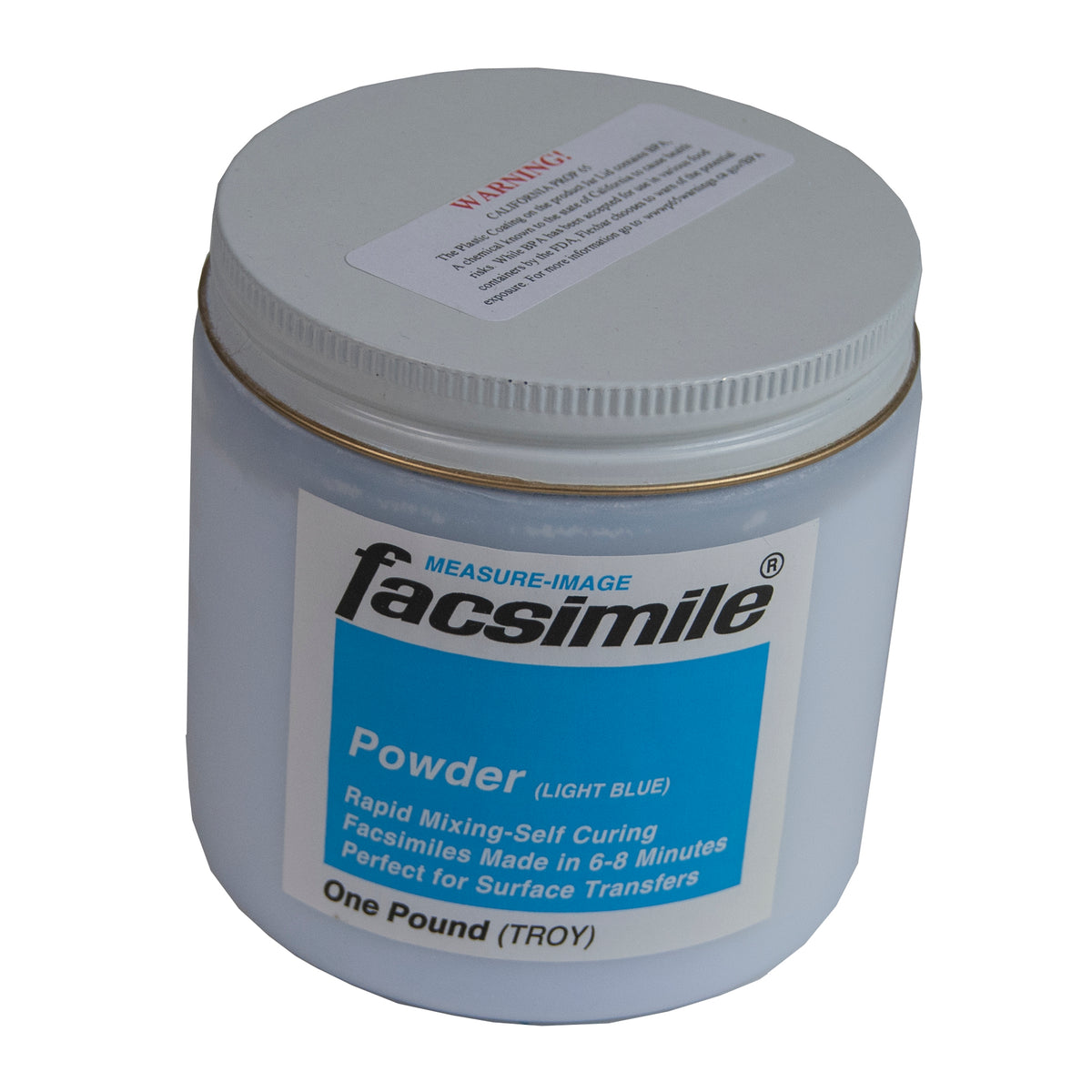Conrad Hoffman
Titanium
- Joined
- May 10, 2009
- Location
- Canandaigua, NY, USA
I have a very good surface profilometer, but it's a fixed unit and takes a moderately small and low mass sample. I also have a large aluminum plate, several feet square that I have to measure. Is there any accepted "stuff", like a wax or resin, that I can replicate the finish with, then measure it in the profilometer? I can scan relatively soft substances, but am not sure about a wax. Epoxy comes to mind, but I'd afraid of not being able to get it off cleanly, even with a mold release. It's important not to scratch or damage the plate. I know a silicone mold rubber will replicate the surface finish perfectly, but it's pretty soft. Ideas?




